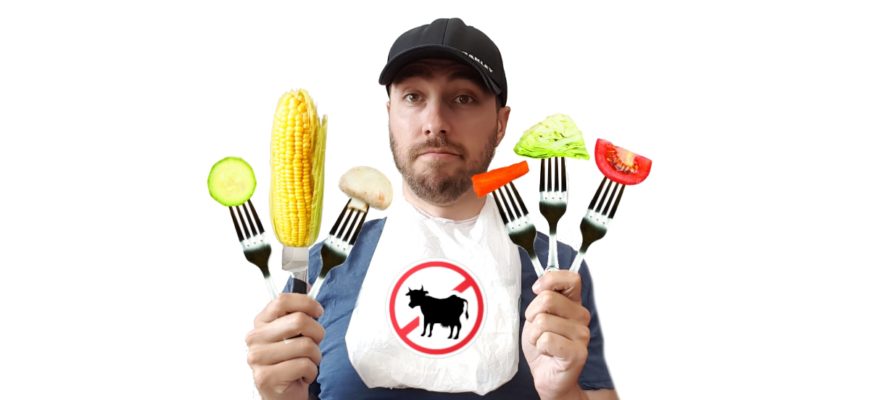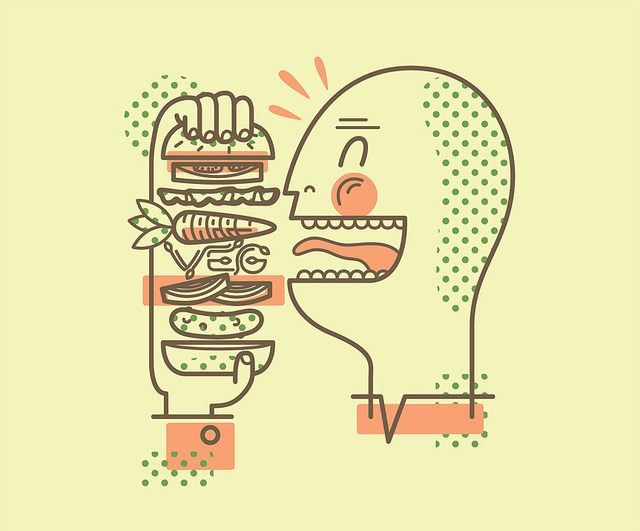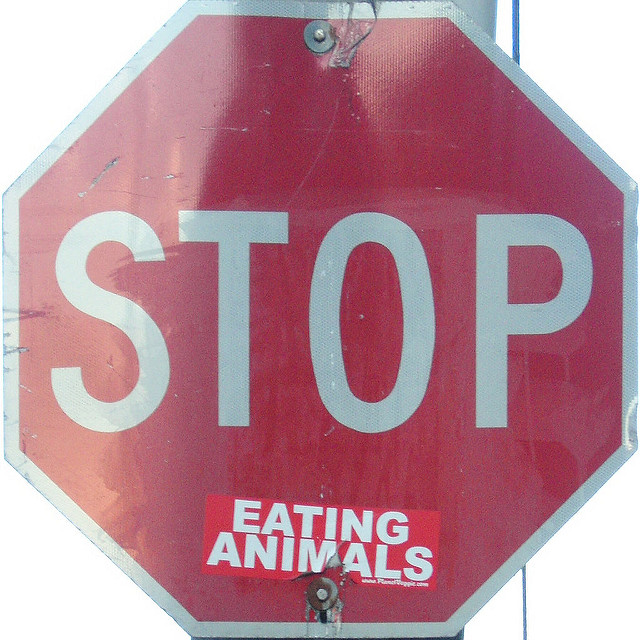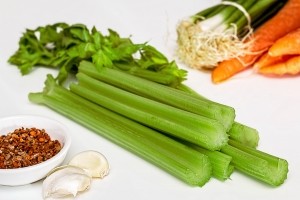Carnivorous Consideration
Let me just start off by saying that I am a carnivore, well I guess omnivore actually but either way a meat eater. and I would even go so far as to identify myself as a meat connoisseur. Few things can beat grilling up a good streak on a nice BBQ on a hot summers day. Getting a steak to just the right temperature where you can see grill marks on the outside but the inside is still juicy and red (FYI: medium rare is the Only way to cook/eat a steak), then watching as your knife cuts into the steak revealing a perfect array of shades from dark to light red, and then finally tasting the first juicy, flavorful bite with just the right texture and seasoning; it makes my mouth water just thinking about it.
For my entire life I’ve accepted and even celebrated that humans are the dominate creatures on the food chain and therefore that meant we got to eat as much meat as we wanted. Here in North America this mentality has even been ingrained right into our culture. Most likely you grew up in a ‘steak and potatoes’ kind of home, you regularly watched commercials and ingested marketing for big burger and fry restaurants and you may have even noticed how a large part of our country’s economy is based on the livestock industry (Alberta Beef, Maple Leaf Meats, Etc.). For years I never questioned this culture and quietly enjoyed my meat enriched diet; that was until just lately.
More Than Meat and Potatoes
Recently with my efforts to lead a healthier and more purposeful lifestyle I’ve progressively become more concerned that my ‘meat first, vegetables/carbs second’ kind of meal planning was perhaps not the healthiest or most cost effective choice. Up until now most of my meal options had been limited to simple and somewhat boring plates (meat and potatoes, chicken and rice, etc) and since proteins are so expensive I was usually paying a lot to eat these less than exciting meals. I knew there had to be a better way to strategize my meal choices but I just wasn’t sure how.
With my move to the Okanagan just over a year ago I’ve had the good fortune of making some really amazing new friends, some of whom are vegetarians. Their counter cultural diets intrigued me. Why would any normal person make such a drastic sacrifice in their life by doing something like giving up meat? It’s not like this was an easy choice to make and the headache I assumed, would be far greater than any value someone might get out of it.
After taking the time to discuss their decision with my friends I was surprised to find that their motivation was very different than what I had expected, and all of them seemed to have made the choice for more than one reason. Some said they gave up meat for social reasons following organizations like PETA in standing up for animal cruelty, others sited nutritional reasons saying that they had found a better diet and supposed nutritional benefits, and finally others claimed that they were motivated by an apparent environmental impact a meatless diet could potentially make.
I had never heard the environmental argument before and was a little confused as to what level of environmental impact not eating meat could possibly have, if any.
I had just assumed that they had all chosen this lifestyle for purely social reasons since this was really the only rational I had ever heard before. Giving up meat to stand up for animal cruelty definitely seemed like a noble cause and as an animal lover myself I had often wished I had the strength to make the meatless sacrifice but like most people I figured that after 30 years of living a meat eating diet it was far too late to give it up now.
Searching for a Meaningful Diet
These new found perspectives brought up many new questions about vegetarianism that I had never considered before. I wanted to know what the environmental impacts of a meat vs veggie diet actually were, and if a veggie diet was even actually more environmentally friendly? I was curious about whether a vegetarian diet was actually more nutritious and if it was actually any cheaper than the meat focused meals I had always known? Finally I wanted to know how vegetarians sustained themselves on a non meat diet? Where did their proteins come from and what nutritional concerns did they have to deal with?
This became the inspiration for my vegetarian challenge. I have committed myself (against my stomachs internal protest) to no meat for the entire month of May and I am going to try to answer some of these intriguing questions behind my friend’s meatless motivations. It’s my hope that by the end of the month I will not only have a new appreciation and understanding for this culture but that I will also have found some new and exciting ideas for meals and ways to build a more nutritious and delicious diet.
As always with my challenges I ask that you get involved and try a veggie experiment of your own. Imagine what new recipes you’ll find or money you might save. Imagine what you’ll learn about yourself, your food and what effect your diet has on your body and the planet. I encourage you reach out, try a veggie week and let me know how awesome or terribly awesome it was.







